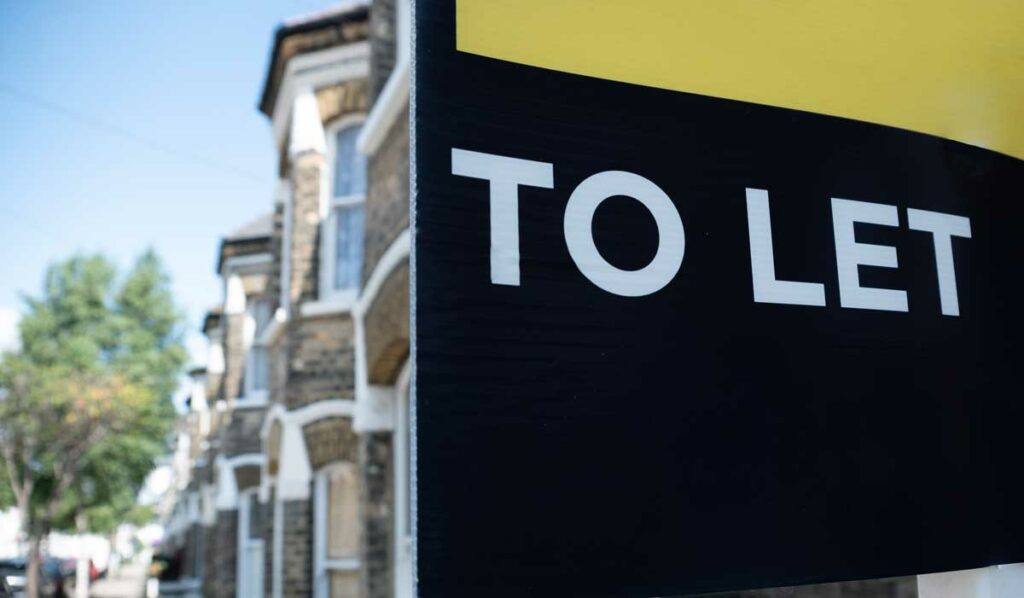
Lambeth council’s new private renting licensing scheme will soon apply to most of the borough.
The council’s cabinet has approved the extension of the “selective licensing scheme” which is designed to tackle rogue landlords and improve conditions for tenants in private rented accommodation.
It was launched in four wards earlier this year.
An enforcement plan will focus on “specific streets with high predicted issues”.
The council said an “educational approach” will be taken when dealing with non-compliance.
Inspections and “tasking/high visibility days” will be targeted on identifying unlicensed properties as well as properties thought to be “high risk”.
These will include work in partnership with stakeholders including the London Fire Brigade, and enviro crime and planning enforcement departments.
The council said it will continue to encourage compliance through informal means but, where compliance cannot be achieved, it will use its enforcement powers, including civil penalties.
A report considered by the cabinet said council data shows nearly 10,000 (9,446) dwellings in the private rented sector in the borough are predicted to have a “serious home hazard”.
Lambeth currently has more than 48,000 private rented properties. An initial study showed that about 40,000 (39,851) properties could be covered by the selective licensing scheme.
About 5,000 are exempt from the new scheme because they are houses in multiple occupation (HMOs) and others are exempted for different reasons.
Twenty of Lambeth’s 25 wards have “deprivation rankings” below the national average.
As well as very high numbers of homeless people, over a three-year period the council received more than 10,000 complaints about anti-social behaviour (ASB) incidents or noise in the private rented sector.
The extension means the scheme will now cover 23 of Lambeth’s 25 electoral wards, subject to central government approval.
Only Vauxhall and Waterloo and Southbank are excluded. Although these wards have high levels of private rented properties, they tend to be relatively new builds so do not have the high levels of housing hazards seen in other parts of the borough.
The scheme requires landlords to have a licence to be able legally let to a single-family household or no more than two unrelated sharers.
Selective licensing was originally approved by the council’s cabinet in May this year and is designed to improve property conditions and management, and tackle problems including anti-social behaviour and deprivation.
It was introduced in Knights Hill, Streatham Common and Vale, Streatham Hill East, and Streatham St Leonards in September.
More than 1,000 landlords applied for a licence in the first month in these four wards – and the council is still urging more to sign up.
“We believe good quality housing is a right,” said Mahamed Hashi, council cabinet member for safer communities. “Private renting is often the only option for residents who can’t access social housing.”
While most landlords provide good, safe accommodation, some take advantage of tenants or don’t know what their responsibilities are, said Cllr Hashi.
“That is why it’s important that the full range of powers is not only available to the council, but readily used.
“We are committed to working with good landlords, helping them understand the legislative requirements, but we’re also committed to tackling those landlords that refuse to provide safe and healthy housing for tenants in Lambeth.”
The report to the cabinet said the scheme is in line with the council’s borough plan commitments “to ensuring that Lambeth is a borough that is fit for the future, that people want to call home and is one of the safest boroughs in London by 2030”.
It said that this requires the council to initiate improvements that ensure behavioural changes that can improve the local environment, where people live and residents experience.
In the private rented sector, this includes not only tackling rogue landlords, tackling property conditions but also assisting those who need help.
Around a third of the 144,985 residential dwellings in Lambeth are in the private rented sector.
Responses received during a 12-week consultation on the proposals suggested that almost two-thirds of residents and local businesses approved of licensing in the first four wards – and the 19 earmarked for the second phase.
Each licence costs £923, covering the cost of administering the licence over a five-year period, and managing and enforcing the licensing regime.
Private tenants or landlords who might be affected can find more details of the scheme and how they can register their property on the council’s website.






